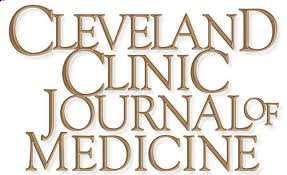The article examines whether urine antigen testing for Legionella pneumophila should be routinely ordered for all hospitalized patients with community-acquired pneumonia (CAP). The authors present evidence that universal testing is unnecessary since empiric antibiotic treatment already covers Legionella infection. However, they identify specific scenarios where testing is warranted and detail the advantages and limitations of different testing methods.
Key Points:
- Universal urine antigen testing for L. pneumophila in hospitalized CAP patients is not recommended, as empiric treatment (beta-lactam plus macrolide or respiratory fluoroquinolone) already provides adequate coverage
- Testing is indicated for: severe CAP cases, during Legionnaires disease outbreaks, and in patients with recent travel history within 2 weeks of presentation
- Severe CAP criteria include either 1 major criterion (septic shock requiring vasopressors or respiratory failure requiring mechanical ventilation) or 3+ minor criteria such as respiratory rate >30, confusion, or multilobular infiltrates
- Mortality rates for Legionella pneumonia in ICU patients range from 9.1% to 41.7%, with immunocompromised patients, smokers, and those over 50 at higher risk
- Urine antigen testing offers rapid results (<1 hour) with >99% specificity but only detects L. pneumophila serogroup 1. Consider combining with culture or PCR for comprehensive detection

According to the Centers for Disease Control and Prevention (CDC), Legionnaires’ disease is reported in approximately 6,000 cases annually in the United States, highlighting its relevance in public health despite being underdiagnosed.
More on CAP
 PATIENT EDUCATION
PATIENT EDUCATION  OBESITY/WEIGHT MANAGEMENT
OBESITY/WEIGHT MANAGEMENT  EXERCISE/TRAINING
EXERCISE/TRAINING  LEGAL MATTERS
LEGAL MATTERS  GUIDELINES/RECOMMENDATIONS
GUIDELINES/RECOMMENDATIONS 
